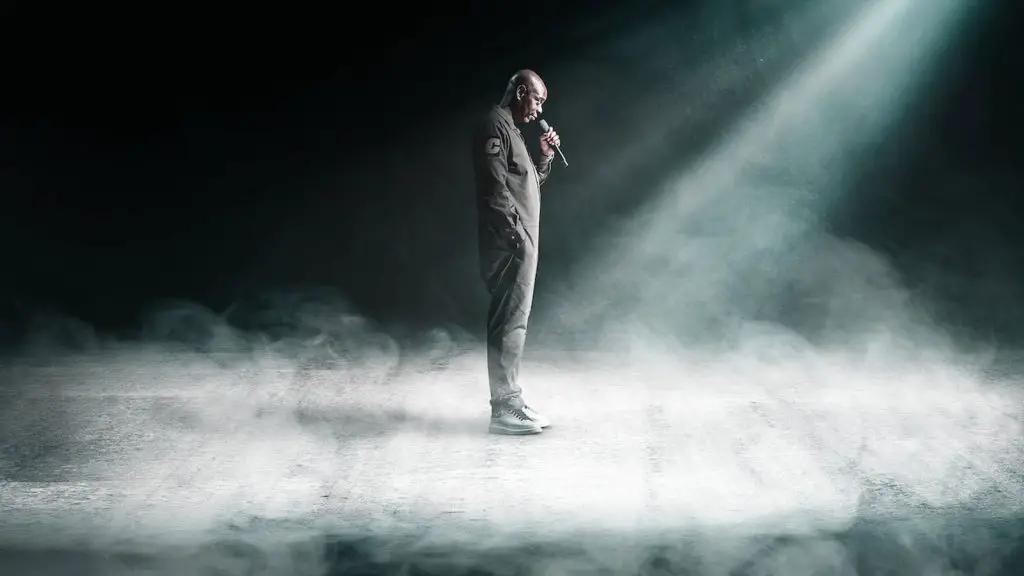
While many major cities have annual marathons, the Beirut road race has taken on a deeper resonance – according to Deborah Harse’s documentary, it serves as a unifying endeavor for the country’s multicultural population while symbolizing the Lebanese perseverance in the face of internecine conflict and military clashes with neighboring Israel.
Harse’s film details the 2006 edition of the Beirut Marathon, which was a particularly harrowing experience. The nation barely recovered from the damages of the July 2006 Israeli invasion and was eager to move forward. But five days before the marathon, the assassination of government minister Pierre Gemayel raised the question of whether the marathon should proceed. The decision to move forward with the event – which actually covered two additional shorter races plus a vibrant cultural festival – under the banner “For the Love of Lebanon” provoked controversy in some segments of the country, but it ultimately proved to be a crowd-pleasing triumph that strengthened the national sense of spirit.
Despite its athletic subject, the film is much too loose-limbed for its own good – especially in the early section, when an excess of time is spent getting nearly every volunteer in the marathon’s planning offices on camera for commentary. Nonetheless, “Marathon Beirut” offers a unique perspective into contemporary Lebanese society while reaffirming the indefatigable social power

